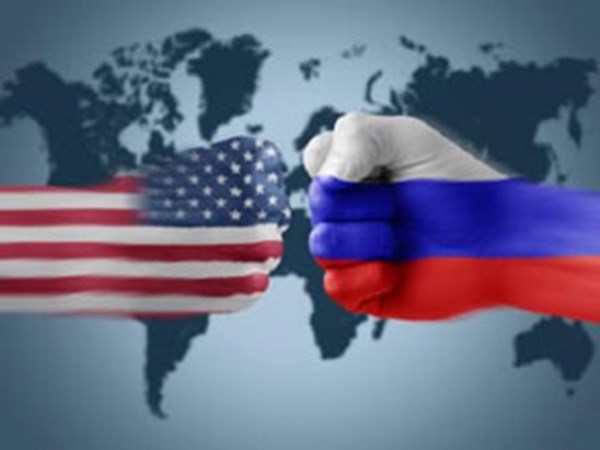US considers cutting Russia off from dollar system
The US has decided to help the Russian government attain “victory over the dollar”, a goal proclaimed by Russian President Vladimir Putin in May, finanz.ru writes.
The bill to expand the sanctions (“Defending American Security from Kremlin Aggression Act of 2018”), put forward by a group of senators from both parties of US Congress, in addition to prohibiting investments in Russian government debt and demanding the return of Crimea to Ukraine, proposes to recognize Russia as a state sponsoring terrorism, and to prevent key participants in the country’s banking system from making dollar transactions.
According to a document published by Kommersant on Wednesday, severe new restrictions are envisaged for the largest state banks, which account for 70% of the banking system’s assets.
Sberbank, VTB, Rosselkhozbank, Gazprombank, Promsvyazbank, the Bank of Moscow and Vnesheconombank would be banned from making any transactions with US legal entities.
This would include American banks whose corresponding accounts enable the Russian banks to transact in dollars.
It will be virtually impossible for the Russian banks to operate with cashless dollars. Under these conditions, freezing or the mandatory conversion of dollar deposits into rubles “will be unavoidable”.
Four countries currently feature on the US government’s list of terrorism sponsors: North Korea, Iran, Sudan and Syria.
Financially, the North Korean scenario would be pessimistic and unlikely, but the Iranian scenario could be considered provisionally optimistic.
In April, the Iranian government responded to the dramatic devaluation of the rial by banning citizens from holding more than $10,000 in cash, and banks from selling more than €1000 per year to people traveling abroad. A maximum of €5,000 can be taken out of the country.
In the “mild” Iranian scenario, if the bill is passed, Russia may tighten currency control measures. Restrictions on the amount of foreign currency which Russians can hold outside of banks are unlikely in the near future. However, measures such as restrictions on the maximum amounts which passengers can take out of the country are conceivable. Other obvious consequences would be the devaluation of the ruble and a hike in interest rates.
